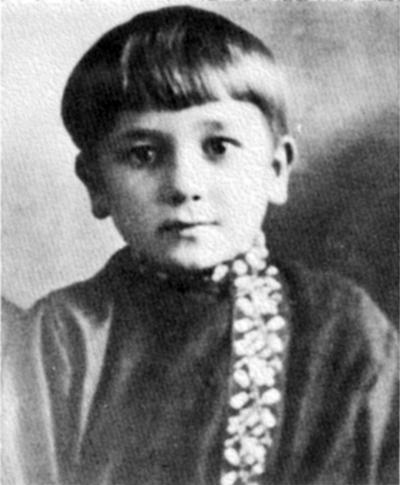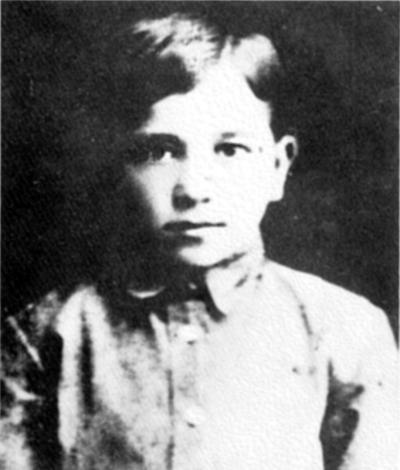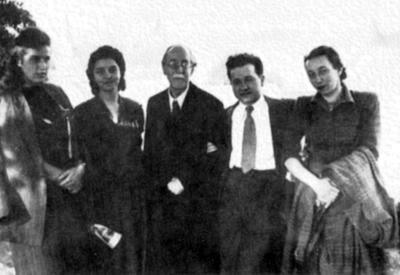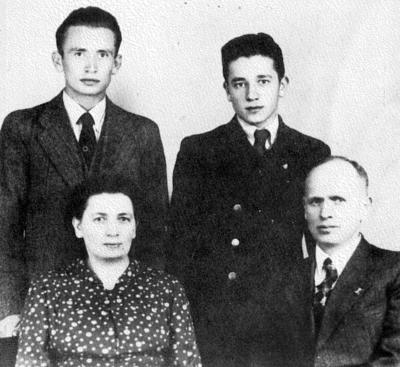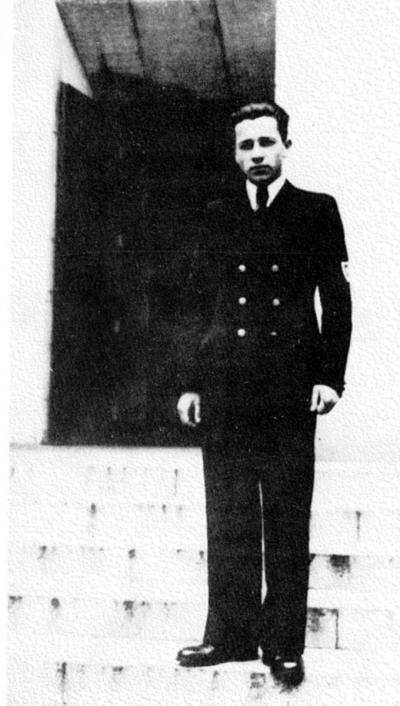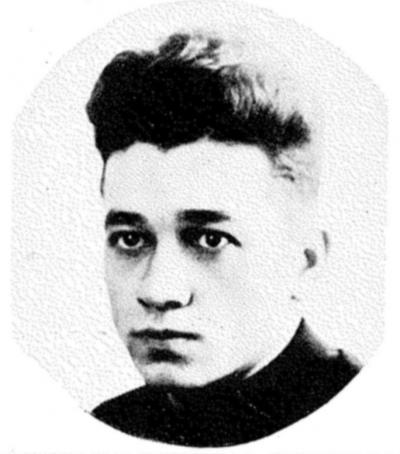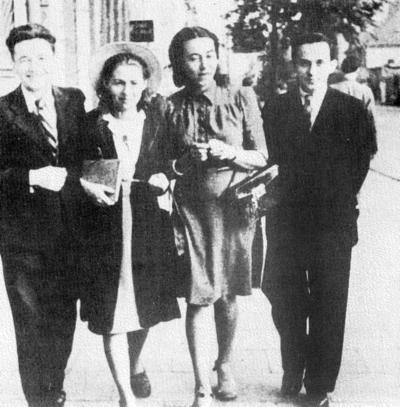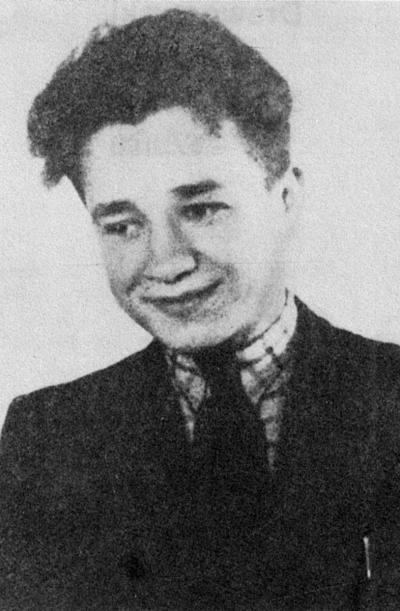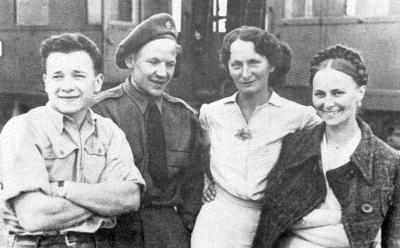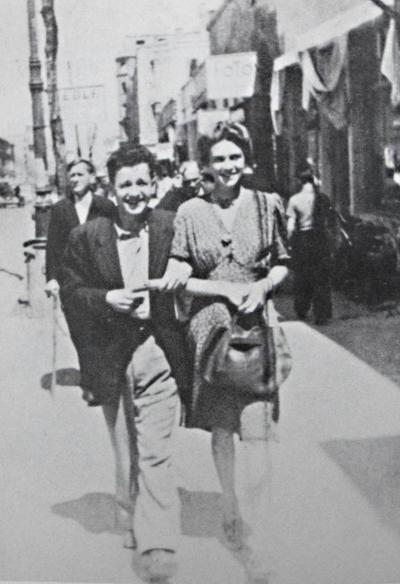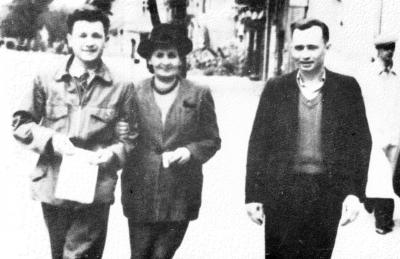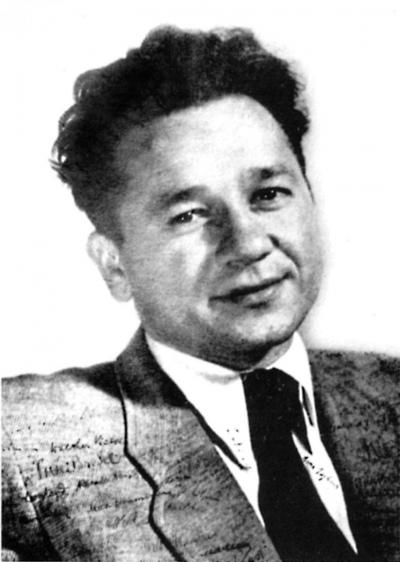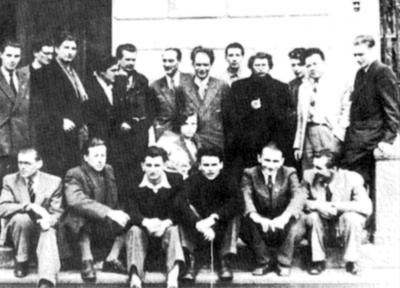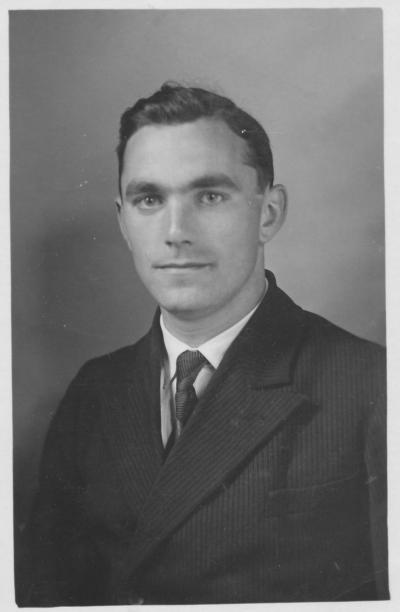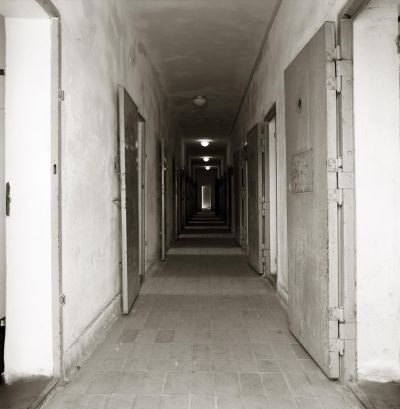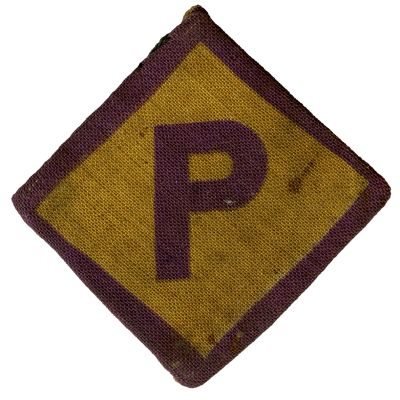Tadeusz Borowski
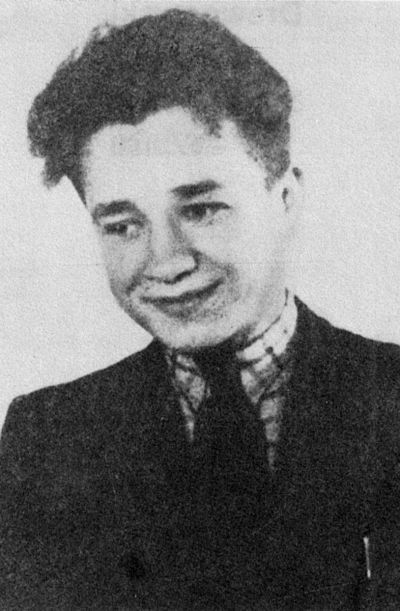
Liberated but not saved
Borowski’s poetry and prose written during his roughly two-year stay in Germany, can be divided into three main thematic blocks. The first has already been mentioned: his reactions to National Socialism, Germany and German characteristics. The second deals with his attitude to Poland and Polish characteristics. At the centre is a short story entitled The Battle of Grunwald (it was to be the basis for Andrzej Wajda’s major film Landscape after the Battle). In turn The Battle of Grunwald was based on his Freimann Diary and the poetic reportage War’s End.
War’s End was the first work written by Borowski after his liberation. As later, in The Battle of Grunwald, he depicts a nationalist community thrown back into pseudo-religious customs, caught up in conflicts, in 19th-century ways of thinking and in the hope of the rebirth of a united Poland. This is the milieu of ex-soldiers and war veterans. The author of Farewell to Maria had experienced other things – the humiliating camps in which people had been robbed of their humanity. “[Initiated in his poetry and the Battle of Grunwald] Borowski bitterly condemns the growing circles of Polish immigrants, with whom he neither cannot, nor wishes to identify himself and from whom he consciously and consistently distances himself.” The writer rejects pathos. Patriotic ardour is foreign to him. Thus one of his poems begins with the Incipit *** [You are misusing your fatherland for your own ends]. This and the other texts already mentioned, is a cutting satire on the circles of displaced persons. It is a condemnation of the ideology of war veterans, of those who have buried the suffering of individuals in the name of lofty state and nationalist solutions; in the name of abstract ideas.
Borowski’s third main theme from his time in Munich is his view of the post-war world (this problem was already a major theme in his Battle of Grunwald). He was completely unable to share the enthusiasm which gripped the whole of Europe after they realised that the bloodiest of all conflicts had come to an end. The war is still not over in Borowski’s poetry and prose. People continue to die (like Nina in the Battle of Grunwald, who is accidentally shot by an American soldier). The war also continues in the human psyche. Its victims cannot free themselves from it. The survivors cannot return to a normal life because of the memories of the sickening crimes. True, they have saved their bodies from death: nonetheless they have not been able to save their belief in human kindness. The victims, whose survival strategies were to mimic the behaviour of their tormentors, now carry the feelings of shame within them. The camps have broken their spirit. The principles of survival which dictated their behaviour in the Nazi camps now call up pangs of guilt in the free world. In a letter to Maria, Borowski writes: “We are sick persons, you and I. We are suffering from a nebulouos feeling of nostalgia and are tired of the world. But evil is not stuck in the world. It is stuck in us.” Nonetheless there is no accusation against people in Borowski’s prose. It is the system which robs people of their humanity: the charge is first and foremost against the system.
